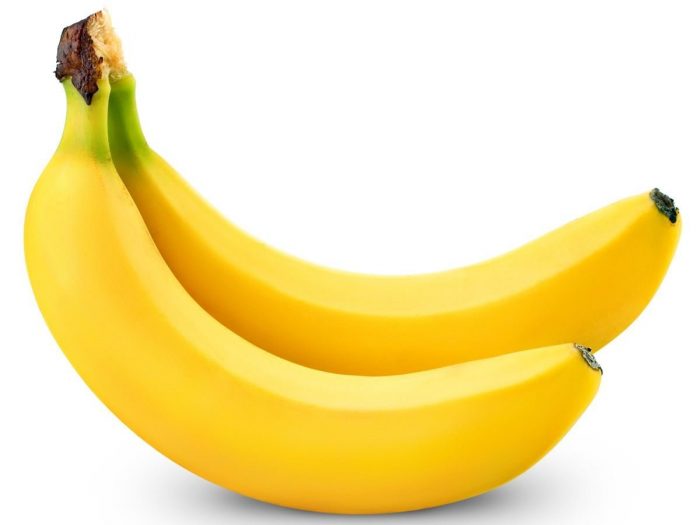
“Let’s face it - English is a crazy
language. There is no egg in eggplant nor ham in hamburger; neither apple nor
pine in pineapple. English muffins weren’t invented in England or French fries
in France. Sweetmeats are candies while sweetbreads, which aren’t sweet, are
meat. We take English for granted. But if we explore its paradoxes, we find
that quicksand can work slowly, boxing rings are square and a guinea pig is
neither from Guinea nor is it a pig.
And why is it that writers write but fingers don’t fing, grocers don’t groce
and hammers don’t ham? If the plural of tooth is teeth, why isn’t the plural of
booth beeth? One goose, two geese. So one moose, two meese? Doesn’t it seem
crazy that you can make amends but not one amend? If you have a bunch of odds
and ends and get rid of all but one of them, what do you call it?
If teachers taught, why didn’t preachers praught? If a vegetarian eats
vegetables, what does a humanitarian eat? In what language do people recite at
a play and play at a recital? Ship by truck and send cargo by ship? Have noses
that run and feet that smell? How can a slim chance and a fat chance be the
same, while a wise man and a wise guy are opposites?
You have to marvel at the unique lunacy of a language in which your house can
burn up as it burns down, in which you fill in a form by filling it out and in
which an alarm goes off by going on. English was invented by people, not
computers, and it reflects the creativity of the human race (which, of course,
isn’t a race at all). That is why, when the stars are out, they are visible,
but when the lights are out, they are invisible.
And finally, why doesn't "buick" rhyme with "quick"?” (by
Richard Lederer)
Com base no texto acima, que é, de fato, bem
engraçado, acho que seria possível fazer com alunos (adiantados) um belo estudo
da língua inglesa, propondo-lhes os seguintes desafios:
1.
por que
berinjela é eggplant?
2.
qual a
origem de hamburger? (essa é bico)?
3.
que outra
palavra é também usada para pineapple?
4.
o que é muffin?
5.
por que as
fries são francesas?
6.
o que são
sweetmeats e sweetbreads?
7.
por que a
areia movediça é chamada de quick?
8.
houve
tempo em que os boxing rings eram
circulares?
9.
o
porquinho da Índia vem mesmo da Índia ou de Guiné?
10.
existe alguma relação entre ham
e hammer?
11.
que outras palavras
fazem o plural do tipo tooth-teeth?
12.
qual o plural de
mouse? E de louse? E de house?
13.
Em https://www.youtube.com/watch?v=y2seB_c_ibk
há uma expressão usada no texto. Qual é ela?
14.
você pode
dizer a bunch of odds and ends. Que
mais: a bunch of_________ e a bunch of_________.
15.
Slim e fat são antônimos. Encontre pelo menos
três sinônimos destes dois adjetivos.
16.
o que é um
wise guy?
17.
por que um
maluco pode ser chamado de lunatic?
18.
o que é um buick?
Nenhum comentário:
Postar um comentário